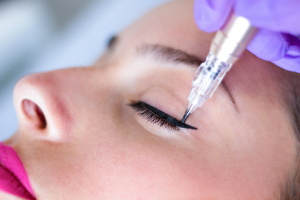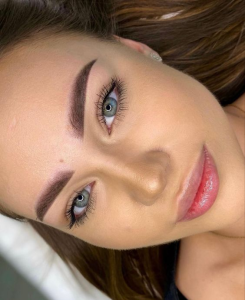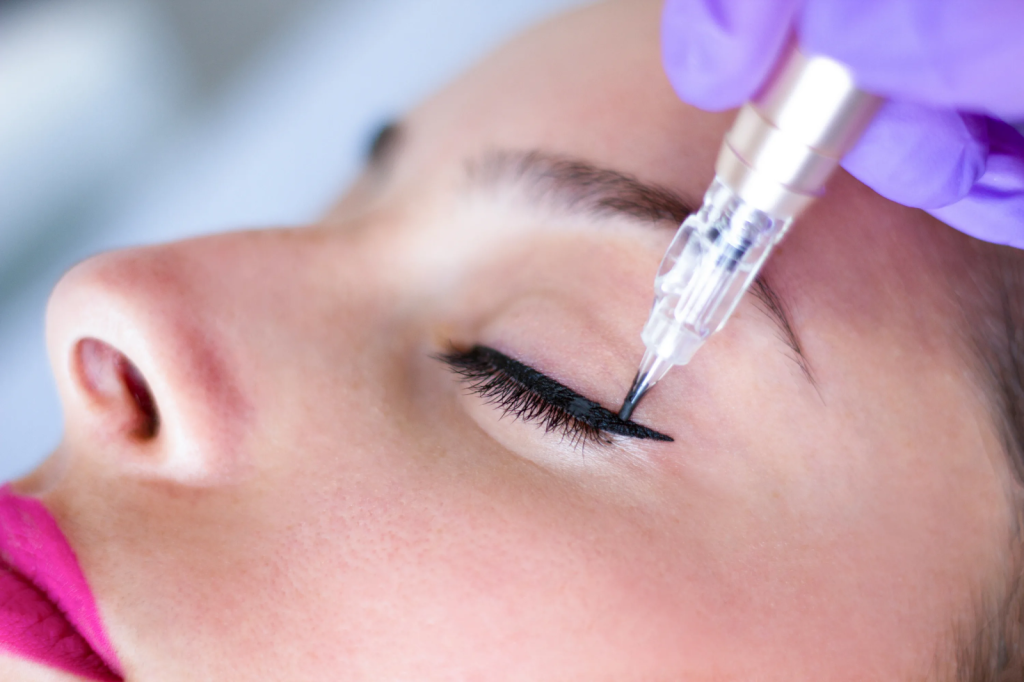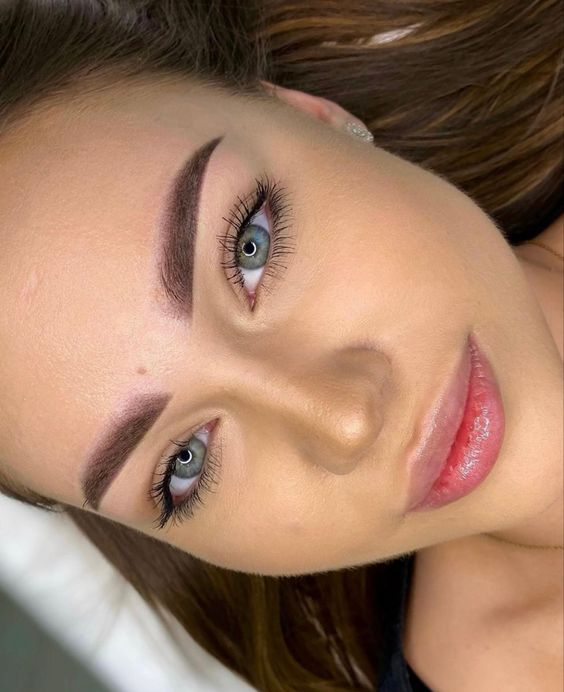When stepping into the realm of professional hair and beauty services, one might encounter the terms barber and cosmetologist. While both professions exist within the grooming industry and require a strong set of skills, they are not one and the same. The main difference lies in their areas of specialization: barbers typically focus on cutting, styling, and facial hair grooming, predominantly for male clients, while cosmetologists offer a broader range of beauty treatments, including hair, nails, makeup, and skincare for a diverse clientele. Understanding this distinction is crucial for anyone seeking services or considering a career within these trades. In this article, we will explore the nuances between barbers and cosmetologists, shedding light on their unique roles and specializations.
Unraveling the Role of a Barber
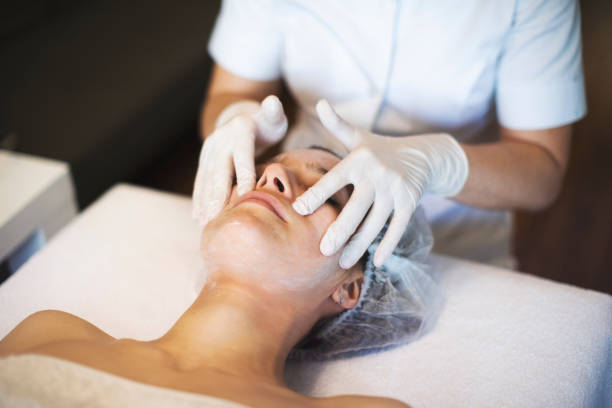
Barbers are often seen as the architects of men’s grooming—with a history rooted in tradition and community. Going back centuries, barbers not only took care of hair but also performed surgical procedures, which is a far cry from what their role encompasses today. Modern-day barbershops are havens for haircuts, shaves, and beard trims, creating hairstyles that range from the classic to the contemporary. The typical barber toolkit includes clippers, scissors, straight razors, and combs, symbolizing their craft’s precision and attention to detail. Exclusive services often found in barbershops include hot towel treatments and detailed edging that cater to a distinctly masculine aesthetic.
Exploring the Realm of Cosmetology

Cosmetologists operate as the diverse artists of the beauty sector. Their craft encompasses an array of services that surpass mere haircuts. From perfecting the French manicure to providing rejuvenating facials, cosmetologists are trained in multiple disciplines to maintain and enhance personal appearance. Their specializations may include but are not limited to hairstyling, color theory, makeup artistry, and skin health. Pursuing a career in cosmetology often begins with a comprehensive educational program that covers these various areas, ensuring that services provided are not only diverse but also delivered with expert care.
Barber vs. Cosmetologist: A Comparative Analysis
When comparing barbers and cosmetologists, one must examine the differences in their educational tracks, licensing requirements, and the services they are capable of providing. Barbers typically follow a curriculum focused on hair cutting techniques, shaving, and grooming, whereas cosmetologists receive a broader education, encompassing hair, nails, makeup, and skincare. With respect to licensure, both must pass an examination and fulfill state-mandated hours of training, although the specific requirements can vary by region. Below is a table summarizing the key distinctions between the two careers.
| Aspect | Barber | Cosmetologist |
|---|---|---|
| Focus | Haircutting, Shaving, Facial Hair Grooming | Hair, Nails, Makeup, Skincare |
| Education | Barber school with focus on male grooming | Cosmetology school with broad beauty education |
| Licensing | State examination + Training hours | State examination + Training hours |
| Services | Traditional male grooming services | Wide range of beauty treatments |
Work Settings and Career Opportunities
Barbers are typically found in barbershops, which are establishments focused on masculine ambiance and groom-centric services. Cosmetologists, on the other hand, may work in salons, spas, or even freelance, offering a variety of beauty solutions. Career opportunities for both professions are plentiful, but they differ in their focus and clientele. Barbers may advance to own their shop or specialize in styling for photoshoots and entertainment, while cosmetologists can become brand ambassadors, educators, or salon managers. Here are two lists that outline the potential career paths for each profession.
Barber Career Opportunities:
- Barbershop Owner/Manager
- Stylist for Film/TV/Photoshoots
- Men’s Haircutting Educator
- Product Developer/Brand Representative
- State Board Licensing Examiner
Cosmetologist Career Opportunities:
- Salon or Spa Manager/Owner
- Makeup Artist for Fashion and Media
- Beauty Industry Educator or Speaker
- Beauty Brand Ambassador
- Beauty Product Research and Development
The Client Experience: What to Expect?
A client walking into a barbershop can expect a focus on masculine styles and grooming, alongside services like beard trims and classic shaves. Barbering tends to honor tradition and incorporates techniques handed down through generations. In contrast, visiting a cosmetologist can yield a variety of experiences—from a pampering skincare session to an elegant bridal makeup application. Cosmetologists often operate in environments that cater to a wider clientele and pay detailed attention to personal aesthetics. Their extensive training allows for a high degree of customization to meet the unique needs and desires of each client.
Conclusion
In summary, the main differences between barbers and cosmetologists lie in their education, services, and clientele. Barbers specialize in male grooming, often providing a traditional and technique-driven experience. Cosmetologists bring a cornucopia of beauty services to a diverse audience, using their extensive training to address hair, nail, makeup, and skin care needs. Regardless of their distinct roles, both barbers and cosmetologists share the common goal of enhancing personal appearance and self-confidence in their clientele, making both careers integral to the fabric of the beauty industry.
Frequently Asked Questions
1. FAQ: What is the primary difference between a barber and a cosmetologist?
Answer: The primary difference lies in their services and training. Barbers focus on haircutting, styling, and facial hair grooming, while cosmetologists offer a broader range of beauty services including hair, nails, makeup, and skincare.
2. FAQ: Can a cosmetologist shave or trim beards?
Answer: It depends on location-specific regulations. Some cosmetologists perform beard trims if they have proper training, while others may not be permitted, with beard care often remaining the domain of barbers.
3. FAQ: Do both barbers and cosmetologists require licensing?
Answer: Yes, practitioners in both professions typically need to obtain a license, completing an approved training program and passing a state licensing exam.
4. FAQ: Can a barber perform coloring services like a cosmetologist?
Answer: Many barbers are trained and licensed to perform coloring services, although complex color services are more commonly associated with cosmetologists.
5. FAQ: Is it better to attend barber school or cosmetology school?
Answer: The decision should be based on your career ambitions. If you aspire to focus on masculine grooming, barber school may be suitable. If you want to provide a wide array of beauty services for a mixed clientele, cosmetology school is more appropriate.

